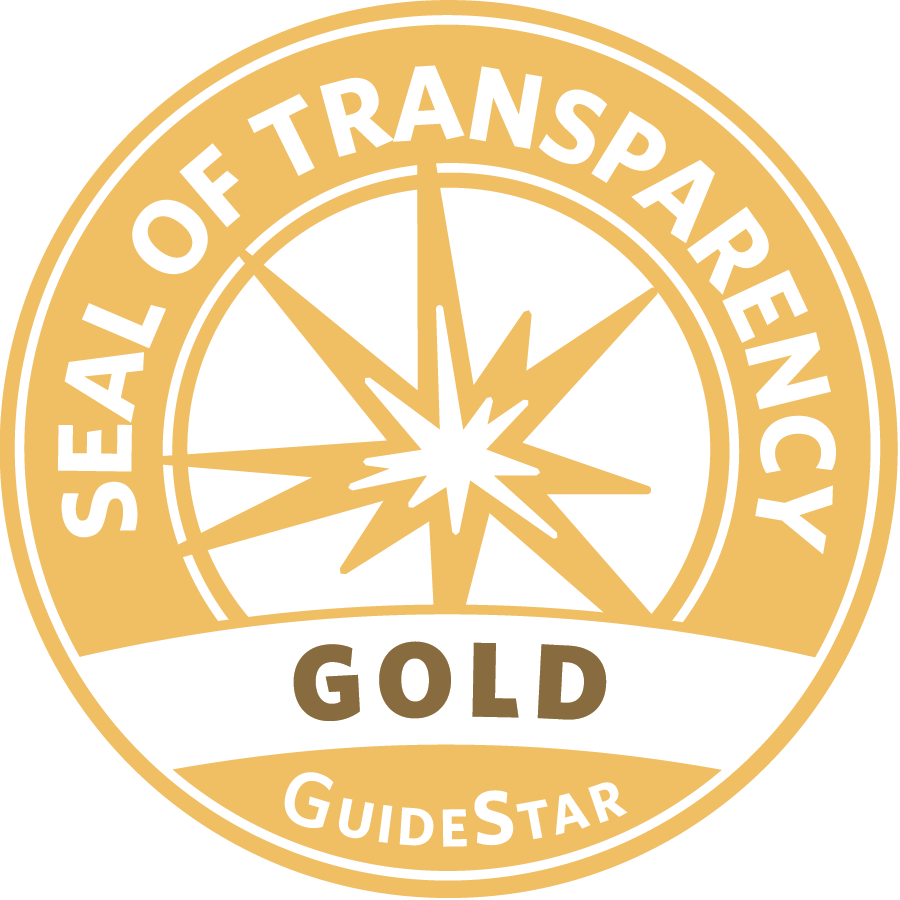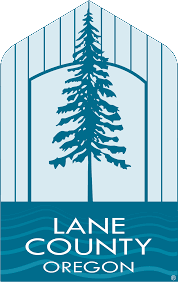Going Home: Dave Lathim moves back to his family’s farm after six years with CSS
July 18, 2022
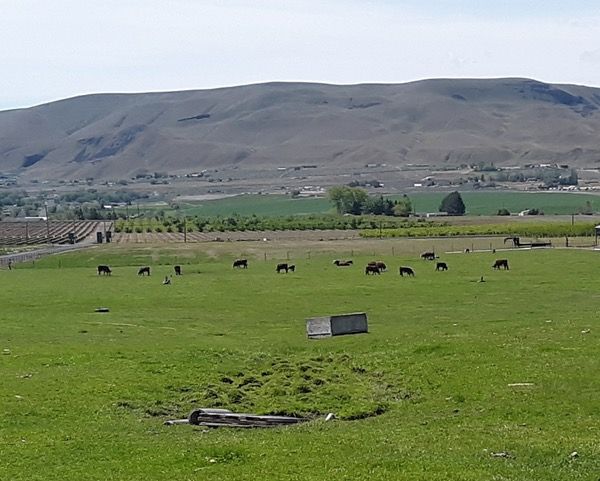
Dave Lathim, 60, has gone home.
For a man that spent a couple of decades as a drifter, that’s a big move. For years, he spent three to five months of the winter in Alaska working in the seafood processing industry—then, for the rest of the year, “I was basically just drifting, just traveling,” he says. His travels took him all over the West: Wyoming, Idaho, California, Washington, Oregon. “I struggled, so I never had much of a place to stay. I had several stints of homelessness. Lived in my vehicle part of the time. A lot of camping. That went on for quite a few years.”
That all started to change in 2016 when he moved into a Hut at the CSS Vets’ Camp. Since then he has been part of CSS as a client and, since October 2020, as a paid staff member—until this June, when he went back to the 6-acre farm in Eastern Washington where he lived as a teenager. He’s gone home to help his parents stay on the farm they love.
“I could see that they were really struggling,” he says. His mother is 78, and his father is 82. “It’s tough. They don’t want to sell it. They don’t want to move to town like a lot of people do. They love it out there. It’s theirs. It’s peaceful. It’s quiet. There’s a lot of stuff I could do to help them.”
That’s just the kind of person Dave has become.
Dave’s drifting ways were “partially” a chosen life-style, he says. But they were also driven by challenges with steady employment. “I was having a hard time holding different jobs. The only thing consistent was the Alaska thing, but it was seasonal. And I had to do it for three months at a time. But as far as steady employment, I always had trouble with that, and never lasted too long.”
But during his stints in homeless shelters or at day-labor centers throughout the west, he frequently crossed paths with a fellow drifter named John Maddox. In 2016 when his drifting brought him to Eugene, he caught up with John. By then John was among the volunteer leaders at the Vets Camp. It looked like a good situation for Dave and, with John vouching for him, he soon moved into a Hut.
He liked “the atmosphere of the camp,” he says. “I got along with all the people, especially the CSS staff—Erik and Mona and Fay and Pujita. They were here then. It was a really small group. They were really nice to me. And I started helping out right away. I had a driver’s license and a vehicle, which helped out a lot.” Dave became transportation coordinator for the camp.
But his drifting days weren’t over. He still went up to Alaska in the winters and spent some time in Idaho where he could rent a house for short periods of time. Sometimes, he let CSS know that he was coming back, and there would still be a spot for him in the camp. But when he was in Idaho in 2018, he wasn’t sure he was coming back. “But somehow, I just ended up back here.”
“I just got tired of the long shifts in Alaska. It’s really hard work. I got tired of moving around all the time. And it was OK here. The camp. The people were really good to me. I got used to living in a Hut.” For the first time he could remember, he felt like he was part of a community.
“I was happier. And I’m more content. I like to hike and fish a lot. And there’s a lot of that here. That’s part of it. And just the kindness of the staff had a lot to do with it. They were never judgmental and always appreciative of the help that I could give—things I never got in the outside world.”
When CSS started its major expansion—adding five full-size Safe Spot camps, a microsite, and a couple of minisites—in the fall of 2020, Dave was one of the first people asked to become part of the expanded staff to provide services for a dramatically increased number of camps, Huts, and—most importantly—people. He also moved into a Hut behind the CSS shop on Grant Street.
Like the construction and the populating of the Huts during the expansion, his job started slowly, a few hours a week, and gradually increased. He was working 25 hours a week before he left. His initial responsibility was delivering fresh water and removing gray water from all the camps, but it expanded to include picking up building supplies and driving a truck and trailer with all the Hut components to the building sites, which often involved some serious backing-up skills.
A lot of that work took place during the height of the pandemic. “We were all masked up. It was crazy, but I enjoyed it. It was pretty amazing really—what we’ve been able to accomplish in a short period of time. And we got through it pretty much without a hitch. It was slow getting people into those Huts, because the process takes a while.”
Dave feels good about the progress CSS has made in serving so many additional people. “People are getting used to their jobs. The service team is starting to come together. You could see it. It’s just really, really coming together.
“There’s a core group of us that have stayed through all of it. And I think that it started to spread through our new employees. They’re seeing how we are. And they’re starting to be more like that.”
He’s proud of being able to give to others what he got from his time with CSS. “It’s great. It feels like a major accomplishment that I was actually able to help people and improve their lives, just as my life was improving.”
Dave will have his own place on the farm, which is in the Yakima Valley, west of the Tri-Cities. His father is going to fence off a site where he can put a trailer, a septic system, a water line, and a couple of beef cows.
He’s going to miss the proximity to great fishing and hiking in the Eugene area. But mostly he’s going to miss the work he was able to do and the personal relationships he built with CSS staff and clients—though he plans to keep in touch with many of them through texting.
CSS will miss him, too.
“Dave has been a solid client and employee for many years,” says Erik de Buhr, CSS Director of Operations, “quietly being dependable and a huge asset to the operations of CSS.”
“CSS changed me,” Dave says. “Just the fact that CSS treated me the way they did. It was different from how I’ve been treated in the past. They were confident in me, always. They never doubted me. And I really respect that. And it makes you want to do real well. It makes you want to help them too.”
He will take those lessons with him to Eastern Washington, “I may end up, because of my experiences here, doing some outreach work over there. Homelessness is everywhere now. I think I could see myself getting involved with another organization and maybe using some of the things I learned with CSS over there.
“CSS has a very positive impact on people that have issues in their lives. And they have built it to where they have the resources to tell people where to go. If they can’t help you, then they will guide you to somebody who can help you. And they care. That’s the thing. They really care. The people who work here, they care. They’re not just here for a paycheck.
“The same thing I went through, I can see it’s doing the same for other people. It doesn’t work out for everyone, but it works for a lot of people.”
News & Events
To stay connected and learn about upcoming events, subscribe to our quarterly newsletter.
If you are a member of the media who is seeking information or would like to request an interview, contact community@cssoregon.org.
February 2025
27
28
29
30
31
1
2
3
4
5
6
7
8
9
10
11
12
13
14
15
16
17
18
19
20
21
22
23
24
25
26
27
28
1
2
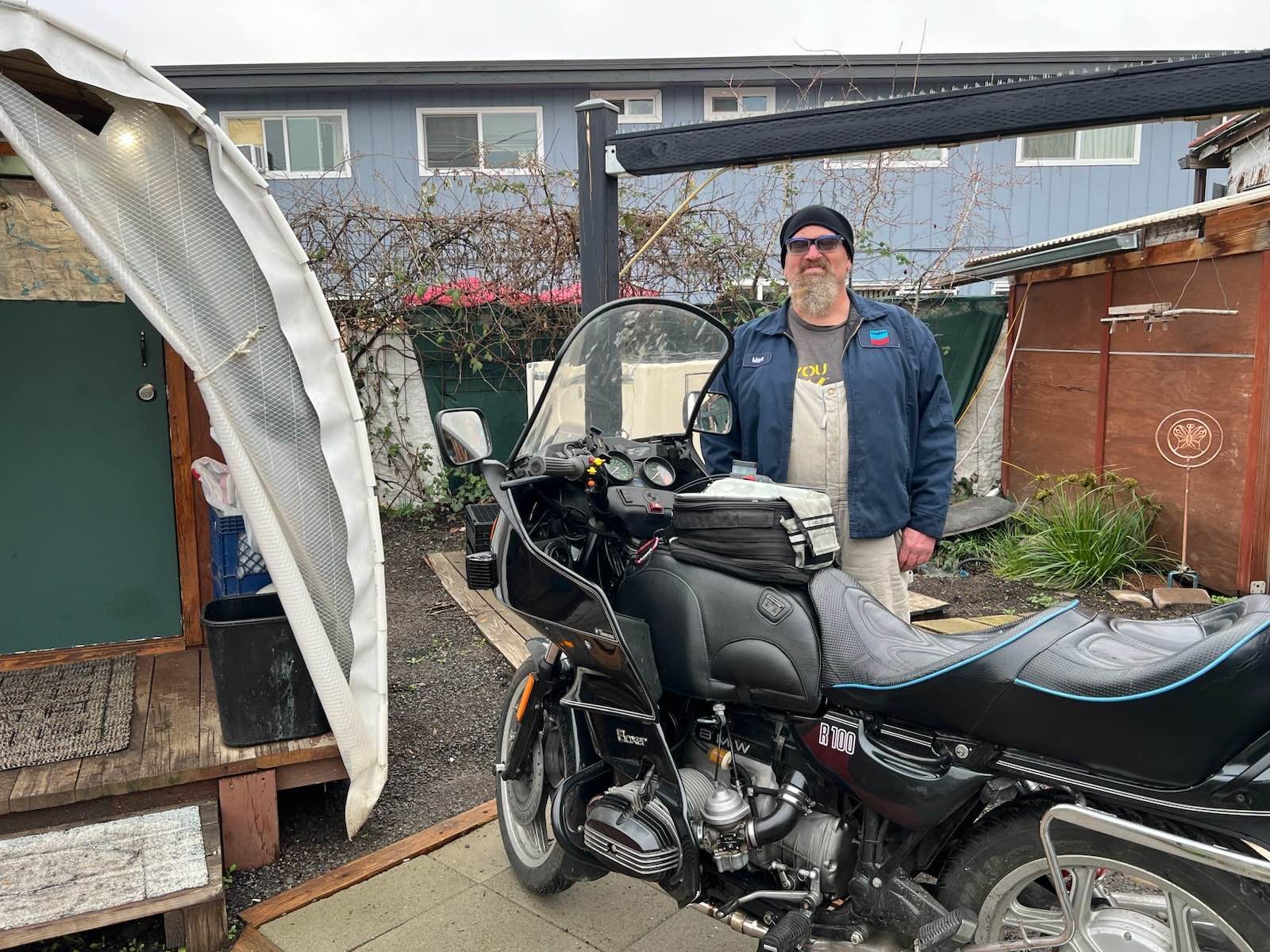
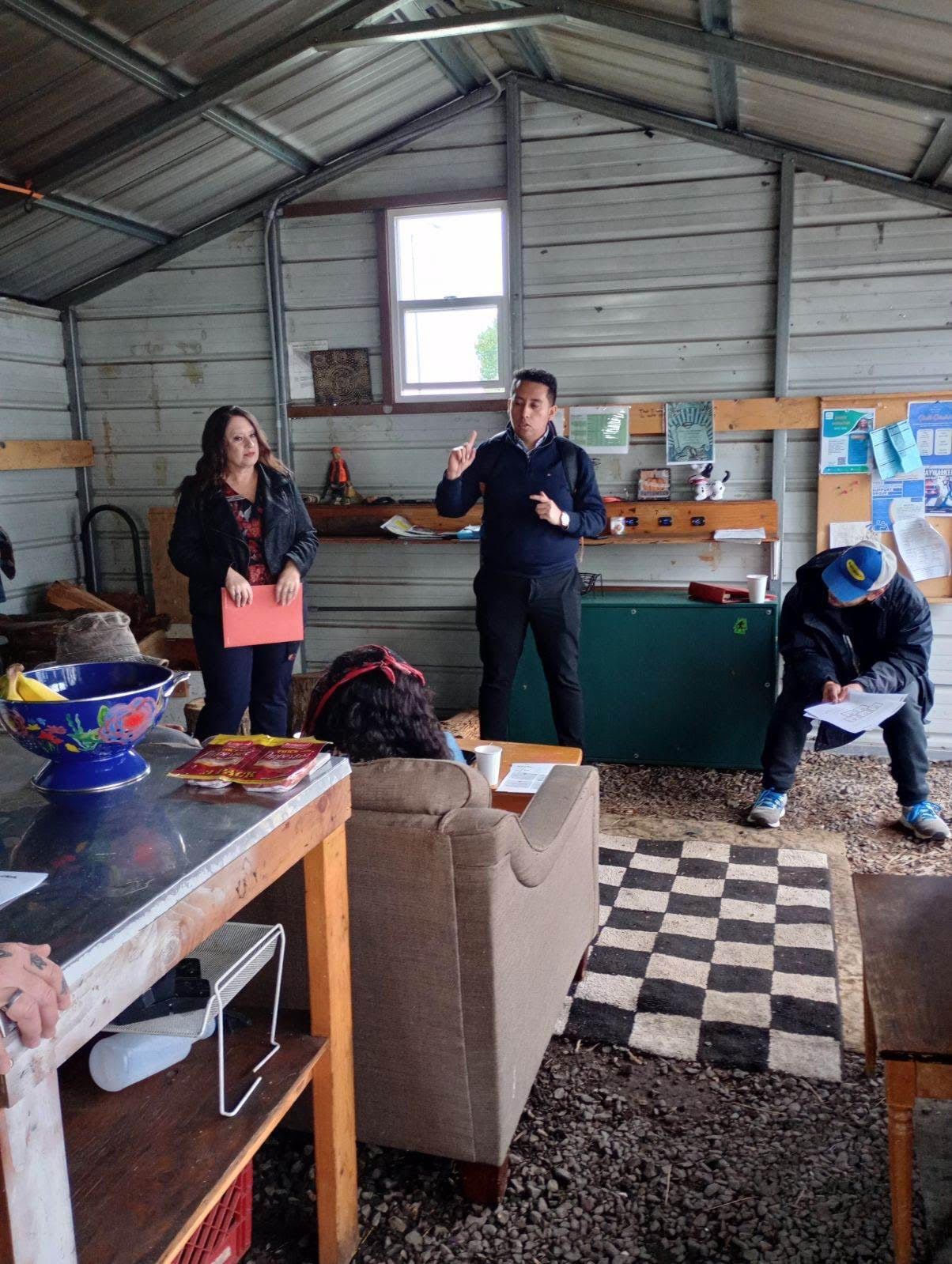
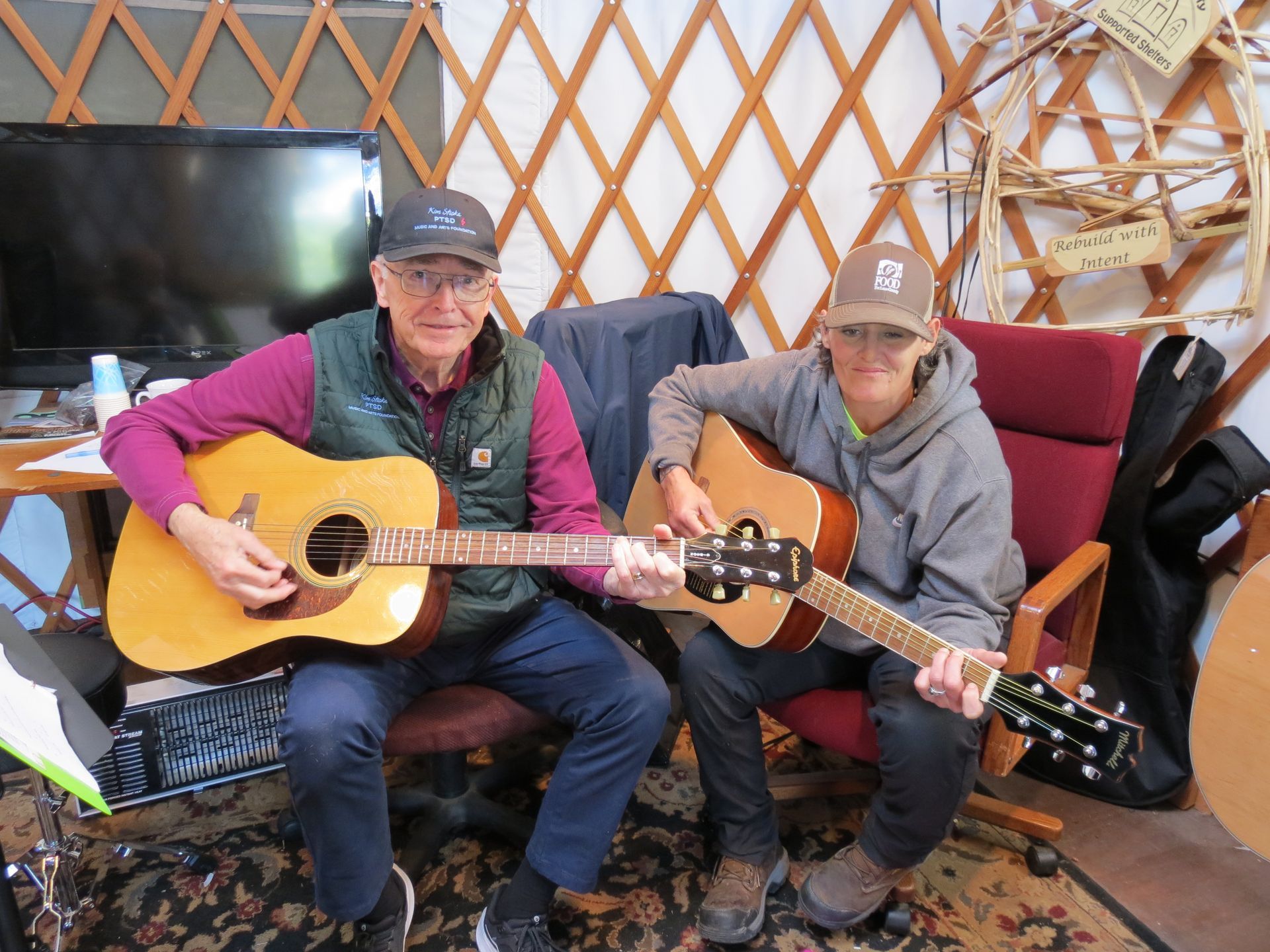
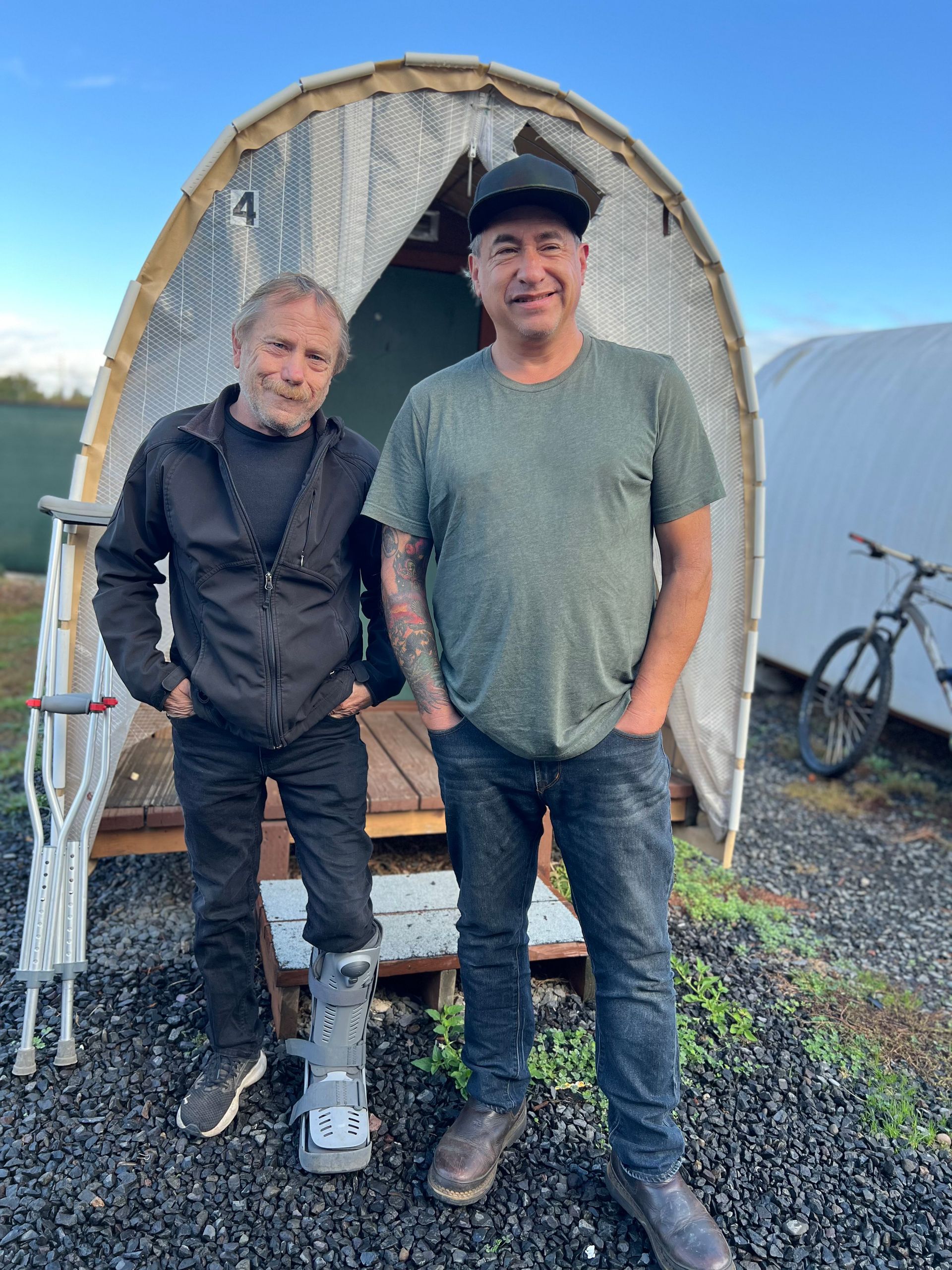
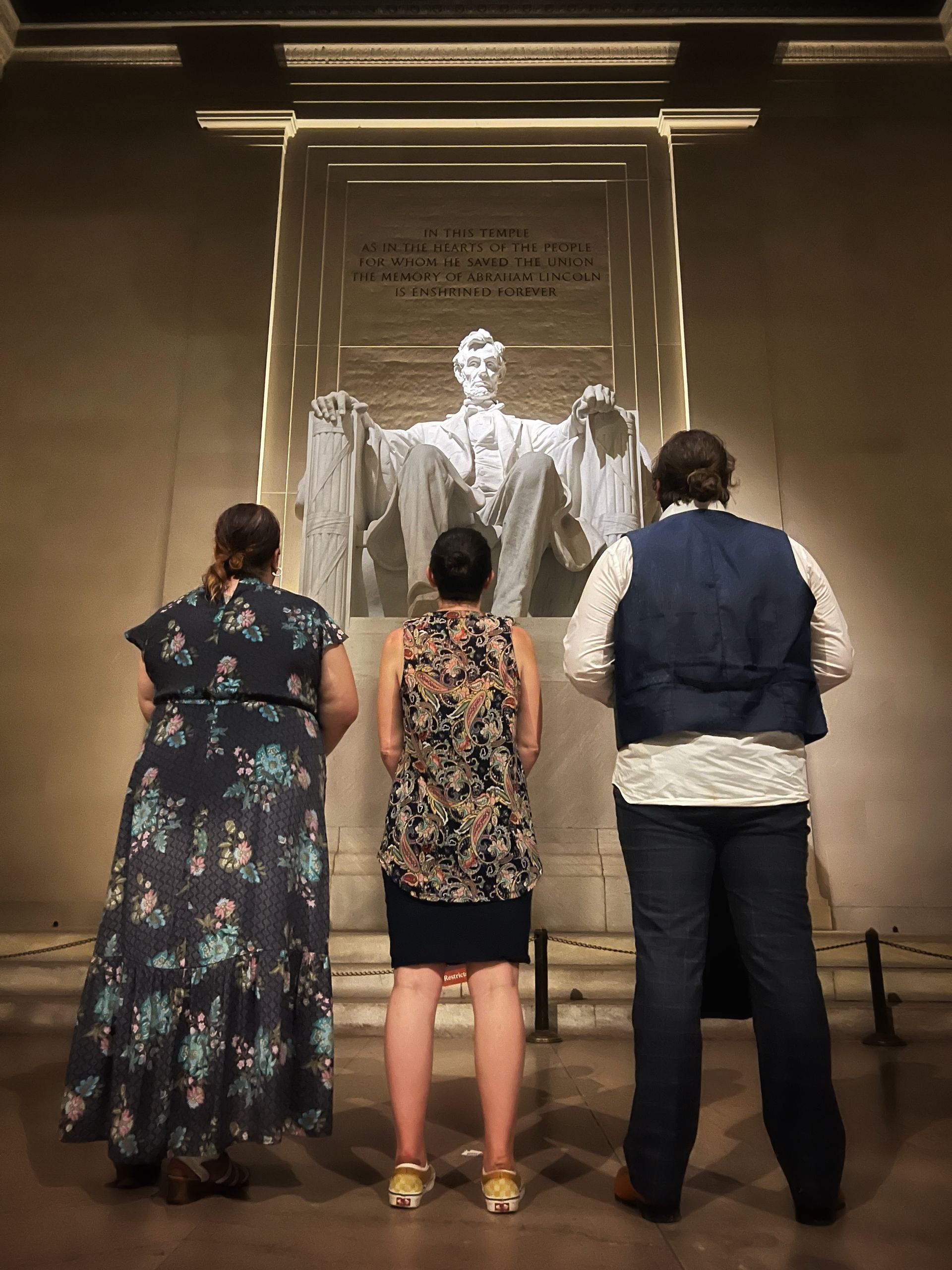
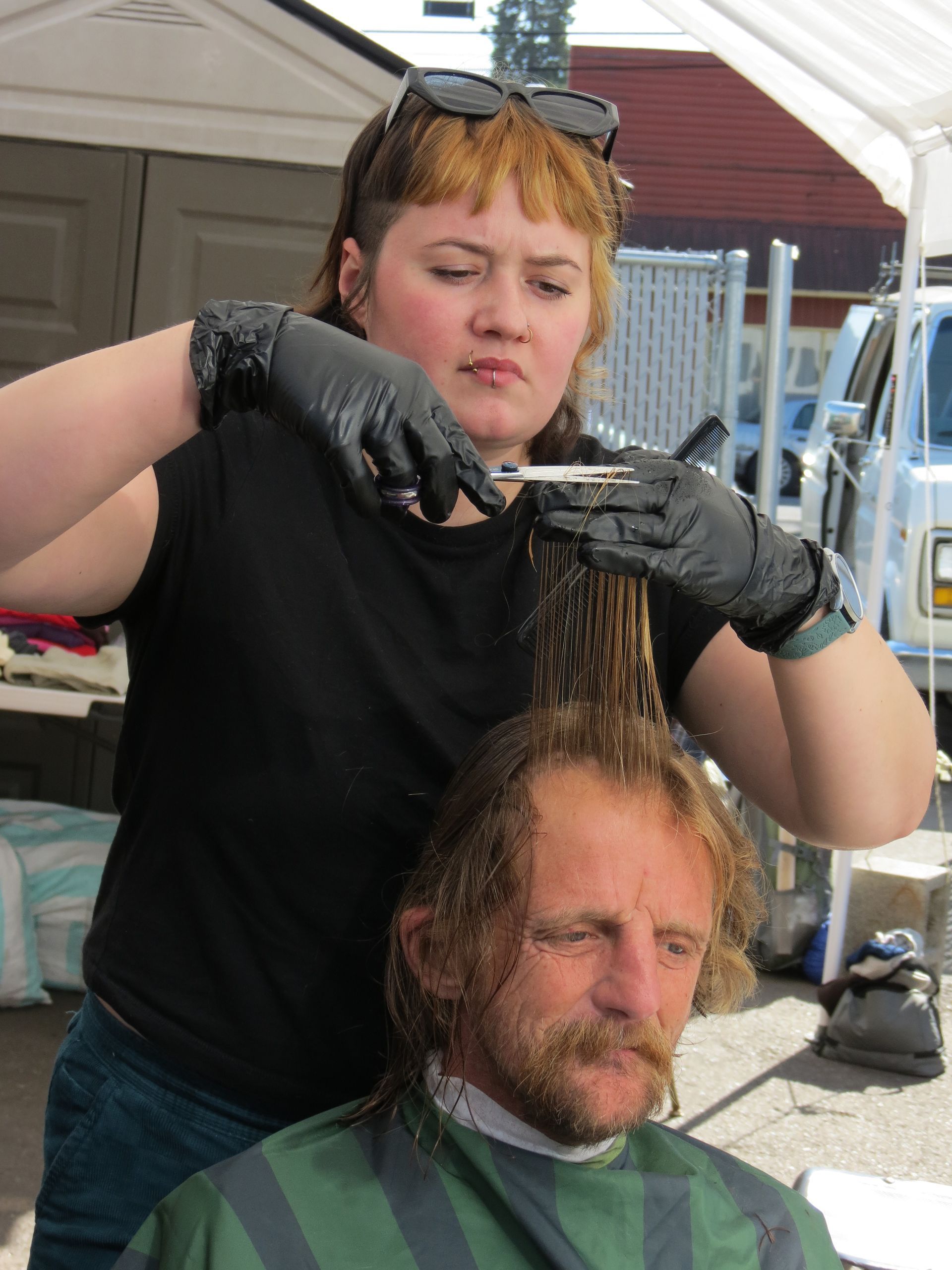

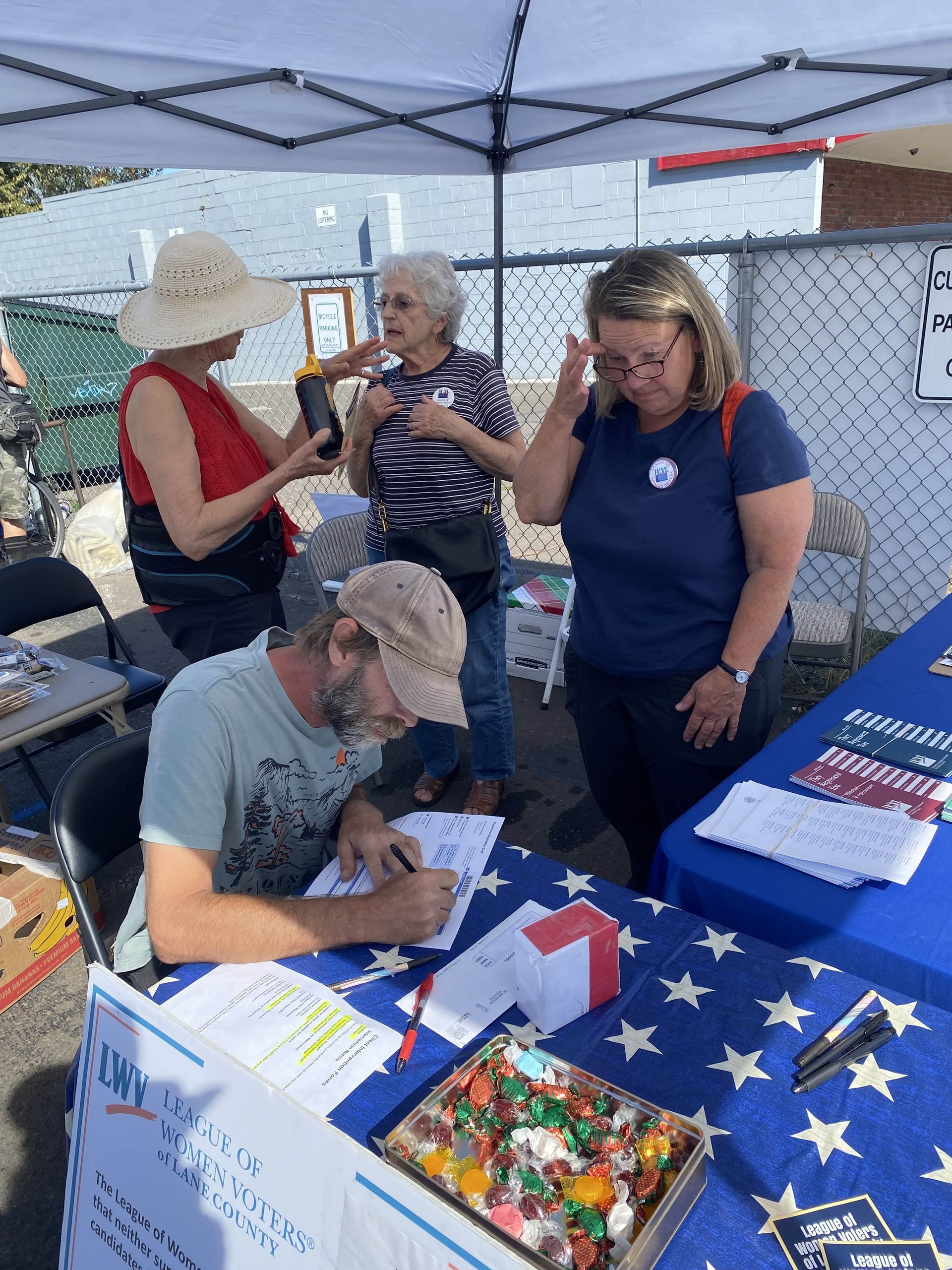
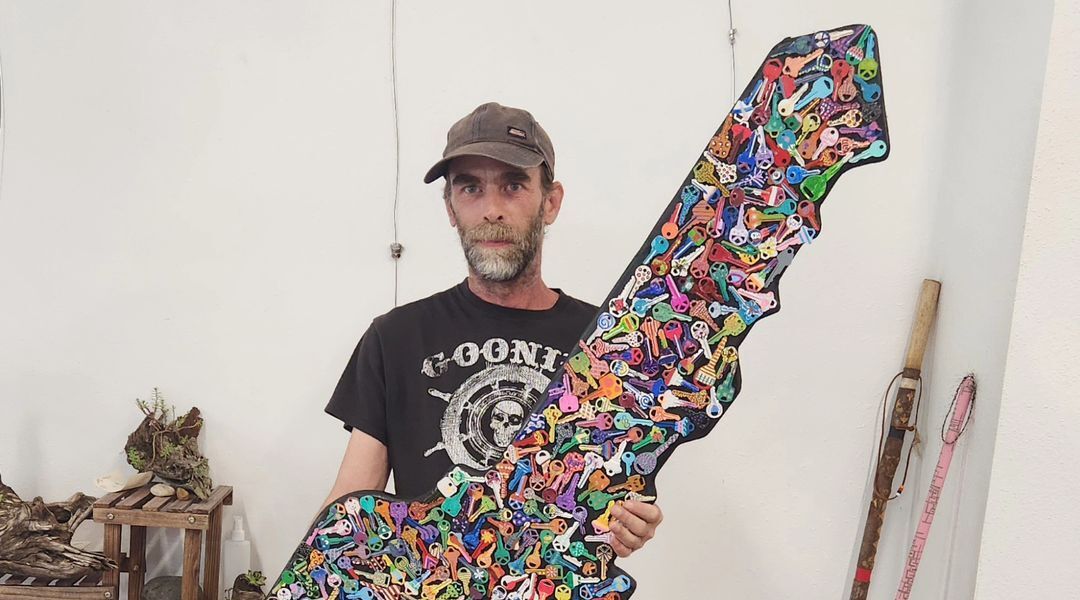
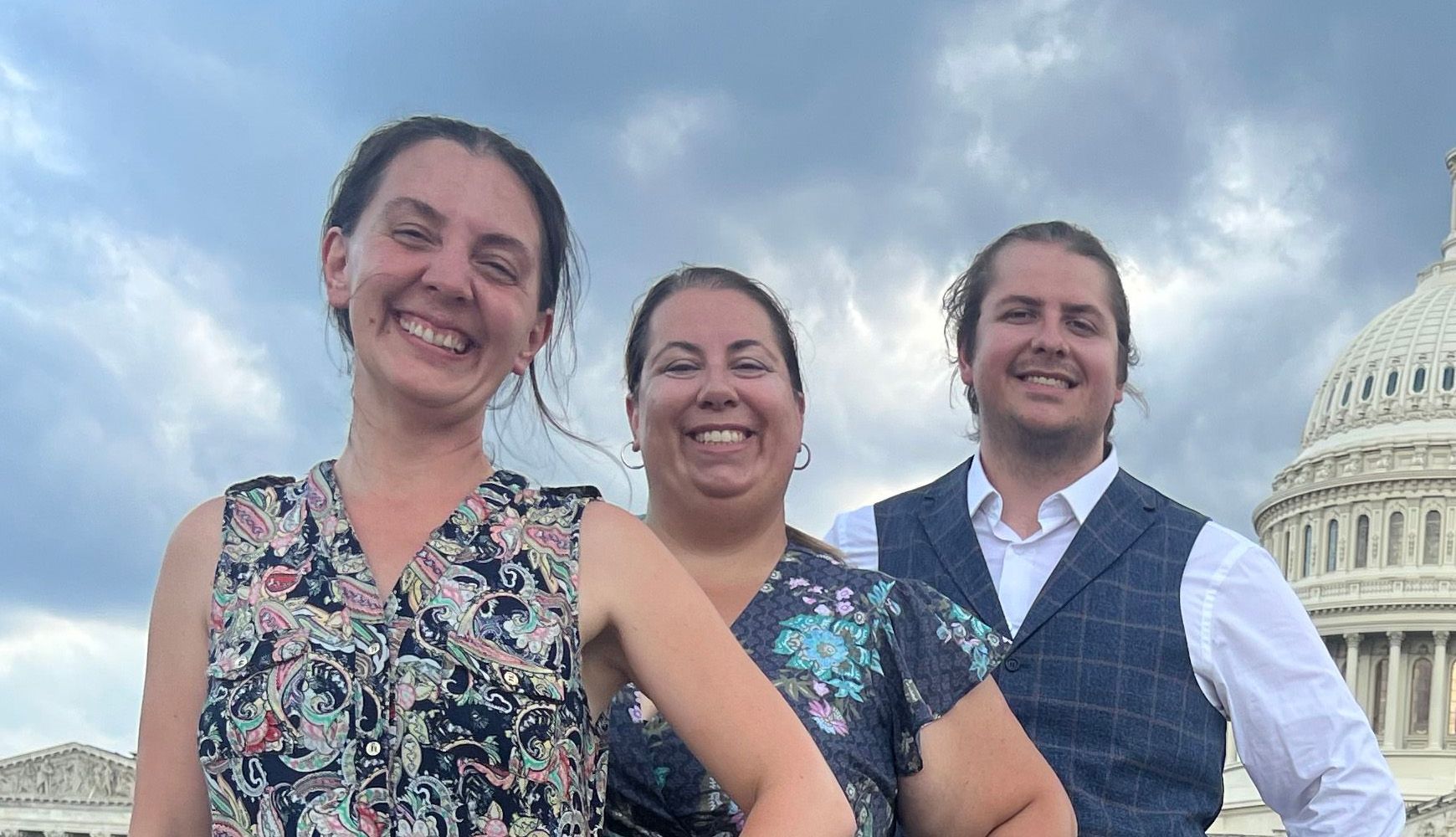
Community Supported Shelters
1160 Grant Street
Eugene, OR 97402
Public Office Hours:
Tue-Fri, 1-4 p.m.
Finance and Tax Information
We are a 501(c)(3) organization, and you may take a tax deduction to the full extent allowed by law for your contribution to us.
(EIN#: 46-2377054)
Newsletter
To stay connected to CSS and learn about upcoming events, subscribe to our quarterly newsletter.
All Rights Reserved | Community Supported Shelters | This site is powered by Neon One


